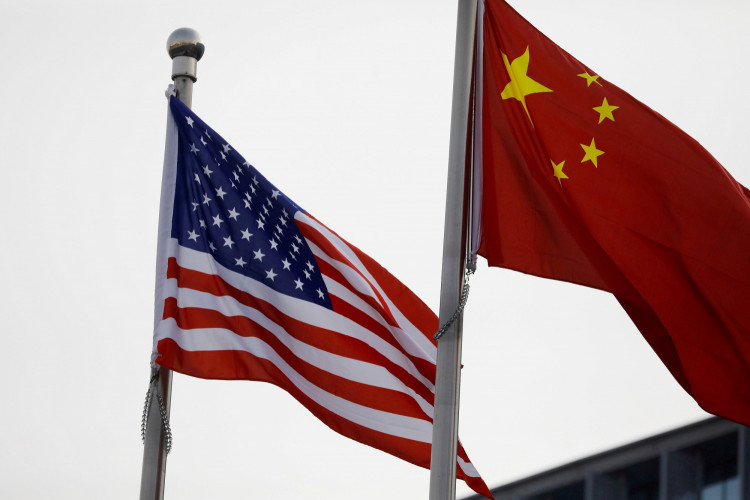When a new law takes effect later this month, U.S. authorities will begin a ban on imports from China's Xinjiang region.
An exception would require "very high" evidence, according to a U.S. Customs officer on Wednesday.
China claims the law "slanders" the country's human rights situation in Xinjiang, a major cotton grower that also produces much of the world's materials for solar panels.
President Joe Biden signed the Uyghur Forced Labor Prevention Act (UFLPA) into law in December to protect the U.S. market from products tainted by human rights violations in Xinjiang, where the U.S. government says China is committing genocide against Uyghur Muslims.
The law includes a "rebuttable presumption" that all goods from Xinjiang, where Chinese authorities created detention camps for Uyghurs and other Muslim populations, are manufactured using forced labor, and prohibits their import unless proven otherwise.
Xinjiang, formally known as the Xinjiang Uyghur Autonomous Region (XUAR), is home to over 12 million Uyghurs, the majority of whom are Muslims.
The Uyghurs speak a language that is akin to Turkish and consider themselves to be culturally and ethnically related to Central Asian countries. They make up less than half of the population of Xinjiang.
A large migration of Han Chinese (China's ethnic majority) into Xinjiang has occurred in recent decades, reportedly organized by the government to reduce the minority population there.
Some U.S. politicians have backed Customs and Border Protection's (CBP) request for increased funding to ensure that the measure, which takes effect on June 21, is implemented correctly.
"We're all on a very tight timeframe," Elva Muneton, CBP's acting executive director for the UFLPA Implementation Task Force, said.
"The expectation is that we will be ready to implement the Uyghur act on June 21, and that we have the resources," Muneton told a webinar on enforcing the law. "So the question is, are we ready to implement? Yes, we are," she said.
Importers will be able to re-export prohibited cargo back to the country of origin, and any exceptions to the presumption must be granted by the CBP commissioner and reported to Congress, according to Muneton.
"It's important to know that the level of evidence that's going be required by the Uyghur act is very high," she said.
In the event of fraud, CBP will be able to impose sanctions on importers, she said.
China first denied the existence of any detention camps, but later admitted to establishing "vocational training centers" in Xinjiang to combat terrorism, separatism, and religious radicalism, according to the Chinese government.





